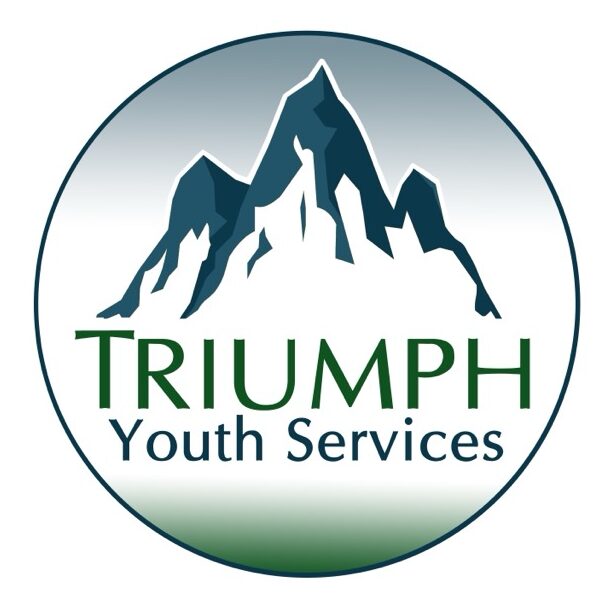DOG TRAINING  Dog training is a valuable asset to the recovery we offer at Triumph Youth Services. Throughout the dog training program, the boys learn TONS about themselves and their abilities They grow to love the dogs and gain a personal understanding of the retriever’s struggles as it grows and develops into a world class hunting dog. Through this bond they learn to better handle their own personal struggles and how to grow and develop into a positive and productive member of society. The dog training program also teaches the boys patience and empathy through the frustrations they may experience from dog training. They can then apply these new skills to their daily living. The following article shows how animal assisted recovery has many uses in helping individuals, although this article focuses on horses being used, the same can be said for dogs (although we do like to take the boys riding as much as possible):
Dog training is a valuable asset to the recovery we offer at Triumph Youth Services. Throughout the dog training program, the boys learn TONS about themselves and their abilities They grow to love the dogs and gain a personal understanding of the retriever’s struggles as it grows and develops into a world class hunting dog. Through this bond they learn to better handle their own personal struggles and how to grow and develop into a positive and productive member of society. The dog training program also teaches the boys patience and empathy through the frustrations they may experience from dog training. They can then apply these new skills to their daily living. The following article shows how animal assisted recovery has many uses in helping individuals, although this article focuses on horses being used, the same can be said for dogs (although we do like to take the boys riding as much as possible):
Equine therapy
Equine therapy is a treatment for mental and/or psychological disorders that involves having the patient work with horses. People with any number of conditions such as autism, post-traumatic stress syndrome (PTSD), depression, anxiety, Attention Deficit Hyperactivity Disorder, conduct disorders, dissociative disorders, drug and alcohol dependencies, and eating disorders can develop confidence, trust, and intuitive ways of reading body language, as well as reduce feelings of hostility, anxiety, tension, and anger within equine programs. Some scientific studies of equine therapy indicate that being around horses lowers blood pressure, increases beta-endorphin levels, and decreases levels of stress hormones. Horses are herd animals, and therefore very responsive everything in their environment, including their handlers’ body language and moods. If a person is tense or anxious around these animals, they will pick up on those feelings and mirror them back. Likewise, horses respond positive ways to positive emotions. Such “instant biofeedback” helps people to better understand themselves and how they appear to others. People with trauma issues often do not respond to traditional talk therapy because they have no desire to discuss such extremely painful events, but yet they can often make progress in equine therapy. The U.S. Armed Services is currently experimenting with equine therapy programs among veterans suffering from PTSD after they return from serving in the wars in the Middle East. Equine therapy is also useful for people with certain kinds of physical disabilities. It was originally developed in Germany to help those with sclerosis. The term “hippotherapy” refers to using the rhythmic movement of horses within programs of physical, occupational, and speech-language therapy. The American Hippotherapy Association is an organization of health professionals who help their clients improve muscle tone, balance, posture, coordination, motor development as well as emotional well-being through the movement of horses. Those undergoing equine therapy do not necessarily learn to ride horses, although that can be a component of the process. Some clients simply by develop relationships with a particular horse by grooming and feeding it, or just through leading it around a corral on a regular basis. Sometimes troubled teenagers struggling with conduct disorders are taught to become more responsible and nurturing by taking care of horses. Equine therapy is expensive because it requires two trainers for each client: a trainer experienced with horses to teach horsemanship, and a licensed psychologist to implement the therapeutic process itself. It is most commonly offered in therapeutic boarding schools and ranches for troubled teenagers, and residential treatment programs for adults struggling with substance abuse disorders and other problems. Equine therapy is one of several animal-assisted therapies. Some other popular animal-assisted therapies involve taking care of dogs or rabbits; and in certain parts of the world, psychologists use dolphins and even elephants within therapeutic processes. Source: http://www.drugrehabwiki.com/wiki/Equine_therapy
